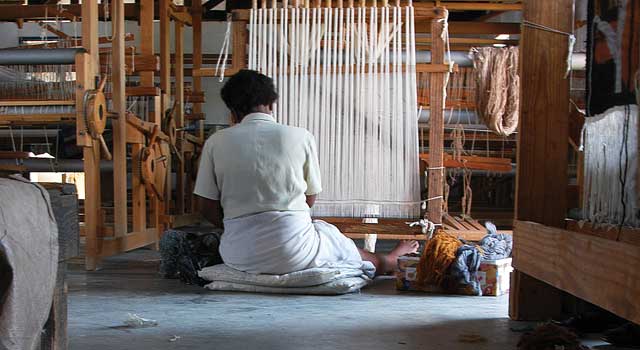Last week Botswana had its annual two-day job summit which was held at the Gaborone International Convention Centre. The objectives of the Summit were to strategize, measure, and evaluate job creation, skills, and jobs needed for the future to globalize the economy. Speaking at the summit, Dr Andrew Molwane, Director of National Credit and Qualification Framework Services department at the Botswana Qualification Authority (BQA) emphasized one of the mandates of the job summit, which was providing an integrated approach to human resource development that is strategic and focused as well as sustainable.
Dr Molwane said it was important for Batswana to recognize and promote indigenous skills and knowledge to reduce unemployment. “Indigenous skills originate within our environment. Skills such as knitting, sewing and basketry need to be promoted to help reduce the high unemployment rate,” she said.
The summit was hosted to seek new ways of ensuring Botswana’s supply side of human resource development and it was aligned with both future and global needs for human capital. Dr Molwane advised for operationalization of what was created to reduce unemployment. He said the National Development Plan needs to be looked at to help come up with ideas to curb factors leading to unemployment. “Inappropriate school curriculum, education and training that is not responsible to the labor market and negligence are some of the factors that cause unemployment and need to be looked into,” said Dr. Molwane, adding that BQA’s mandate was expanded to the education system to ensure that indigenous skills are introduced into the curriculum, and that they were in the process of developing a recognition policy.”
Senior Education Specialist at the World Bank, Xianan Cao said unemployment in many countries is caused by low quality education systems, poor foundation skills, and lack of specificity in job training. “Education is the basis of employment, and problems with the education system ought to be dealt with to create skills for the global economy,” he said.
Dr. Molwane noted that dependence on government to create jobs should be forgotten, and people should take initiatives to create jobs through entrepreneurship. He advised that indigenous skills need to be seen from an economic perspective.“Financial support should be provided and people’s perspectives about indigenous skills and products demystified,” he concluded.

